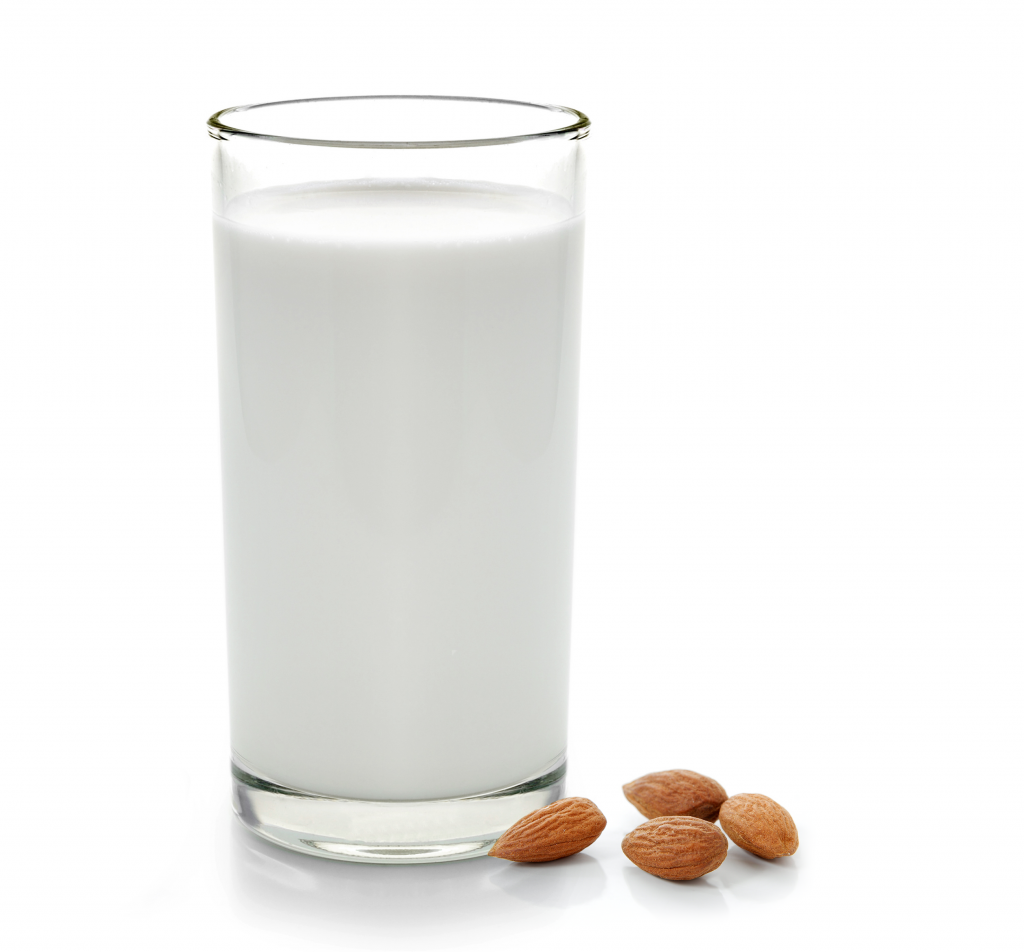 Roughly a year after their Bay Area counterparts in Richmond rejected a $1.28 per gallon tax on soft drinks by two-to-one, San Francisco City Supervisor Scott Wiener has proposed a $2.56 per gallon tax on soda sold in the City by the Bay. Apparently, the California way to “fix” a bad idea is to double down on it.
Roughly a year after their Bay Area counterparts in Richmond rejected a $1.28 per gallon tax on soft drinks by two-to-one, San Francisco City Supervisor Scott Wiener has proposed a $2.56 per gallon tax on soda sold in the City by the Bay. Apparently, the California way to “fix” a bad idea is to double down on it.
But just like Richmond’s defeated proposal, putting a massive tax — twelve times the state’s $0.20 per gallon tax on (frequently equally if not more caloric) beer — on a single product is unlikely to affect obesity rates. An analysis by Duke-National University of Singapore researchers found that enacting a soda tax would reduce caloric intake by less than 0.1% of total daily consumption — about 12 calories per day. For comparison, food companies beat that reduction with a voluntary reformulation program.
Small wonder then that researchers from Yale and Emory universities recently warned policymakers: “Evidence suggests caution in enacting sugar-sweetened beverage taxation legislation with a core purpose of obesity reduction.” Taxing soft drinks won’t slim down San Francisco, and if the measure does pass the City Council and go before voters, it should be comprehensively rejected.




